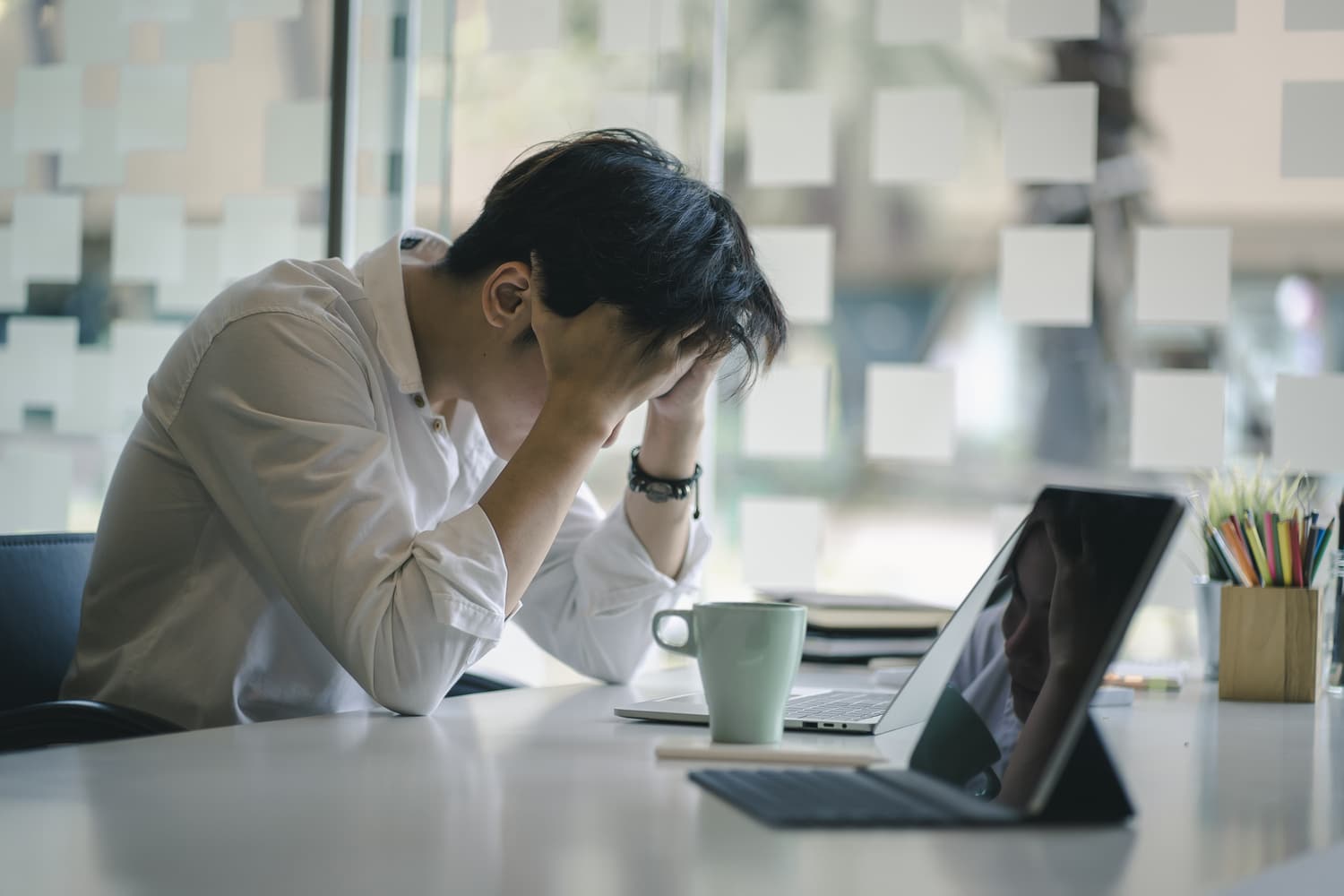Anxiety plays an important role in many sleep disorders. The relationship between sleep apnea and anxiety is complex, and it may not be the same for everyone. However, understanding how anxiety is affecting you can help you create a more effective treatment plan. Here is what you need to know.
Sleep apnea and anxiety often occur together.
Although the exact connection is not clearly understood, many people are diagnosed with both conditions. There does not appear to be a link between the level of anxiety and the presence of sleep apnea. Many people have only one of these conditions. Doctors aren’t sure if one causes the other or if another reason produces these conditions together.
Sleep apnea can worsen some kinds of anxiety.
People who suffer from post-traumatic stress disorder, or PTSD, can experience more severe symptoms when they also have sleeping problems. These symptoms include an intensifying of nightmares, increased insomnia and excessive daytime sleepiness. In some cases, people who are diagnosed with sleep apnea see their symptoms get worse as they experience anticipatory anxiety about falling asleep.
Both conditions need to be treated for the most effective symptom relief.
If you have both, it’s important to address both conditions in order to get relief from your symptoms. Only treating one condition can be difficult, since the presence of the other condition could make treatments less effective. People with these two conditions can benefit from working with both a sleep medicine specialist and a behavioral health specialist.
Take control of your sleep disorder symptoms with help from the specialists at Sleep Dynamics. We offer comprehensive sleep medicine services, including sleep testing and a behavioral sleep medicine program in Central New Jersey. To schedule an appointment, call (848) 217-0240.



